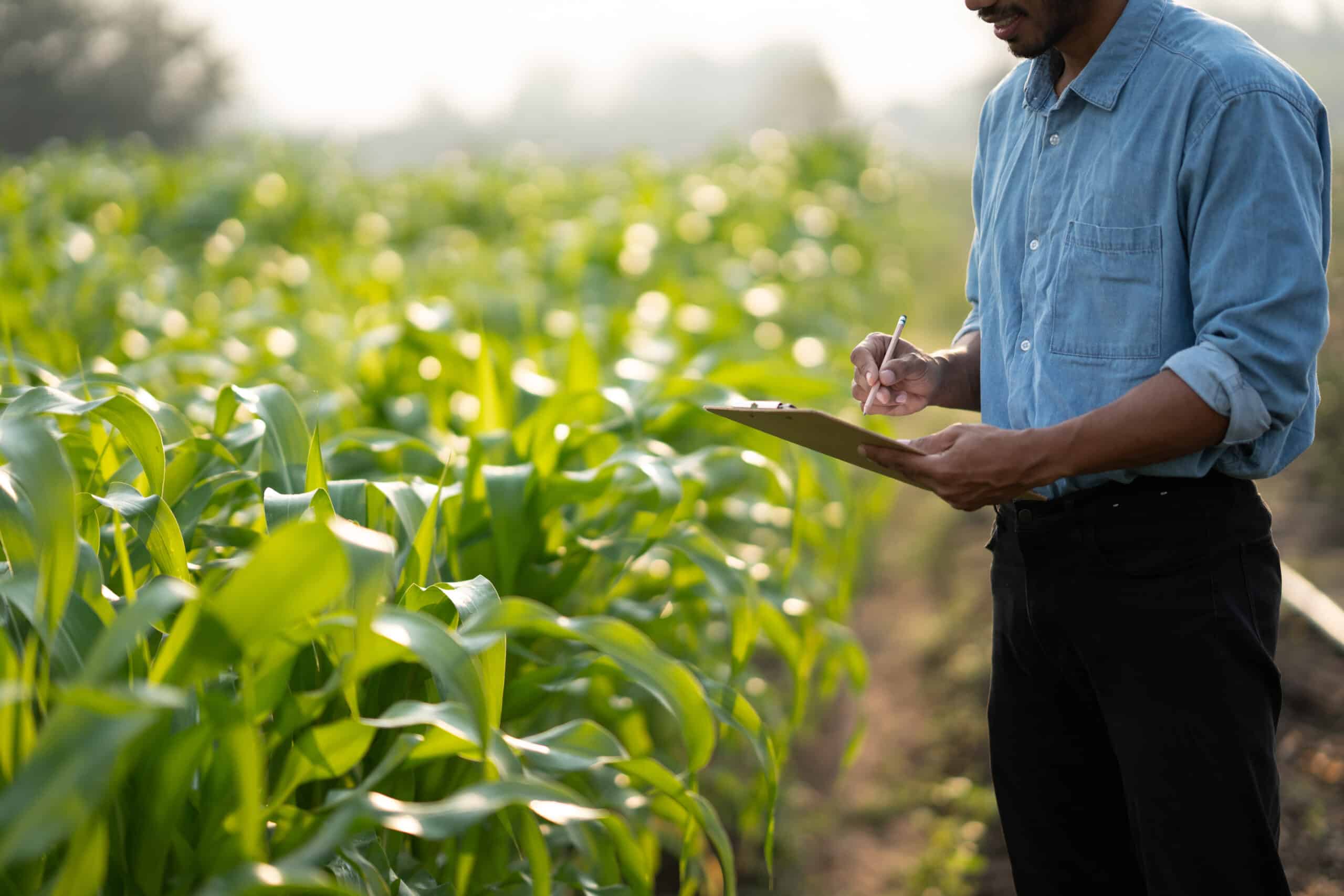The climate crisis is causing increasing harm to global coffee production. In response to this, major coffee brands are investing in regenerative food systems to achieve a more sustainable future for the industry. Regenerative agriculture is a process that aims to reverse the effects of climate change through soil conservation and crop diversification.
While traditional commercial farming models emphasize crop yield and quality, regenerative agriculture prioritizes a more holistic approach, favouring circular and natural methods of crop production. By increasing cover crops, tilling less, and enhancing soil carbon sequestration, exponents of regenerative agriculture seek to balance profitability with environmental sustainability and ensure a more resilient coffee industry long-term.
Why do we need regenerative agriculture?
Regenerative agriculture comes in response to climate change. Coffee plants require very specific conditions to grow – the region in which these conditions are met is referred to as the ‘Coffee Belt’. However, fluctuating temperatures are destabilising this region. Droughts are on the rise, while in the winter months, severe frosts have devastated coffee farms in countries such as Brazil.
According to the 2020 World Coffee Research annual report, 47% of coffee production comes from countries that could lose over 60% of suitable land by the year 2050. Should this trend continue, coffee production will have to relocate to new, more accommodating regions. This process has already begun, with some farmers being forced to move their production to higher altitudes for more suitable weather. Even if producers were successfully relocated, some coffee blends may struggle to adapt to their new environments and could face the possibility of being eradicated.
How is regenerative agriculture implemented?
The coffee industry has begun to recognise the importance of long-term approaches to solve this problem. Until now, fertilisers and irrigation were essential to maintain production capacity. However, poor water management and the harmful nature of fertilisers and pesticides are being phased out by new food sustainability practices.
There are 4 main regenerative agriculture practices used by coffee producers to combat the effects of climate change: cover cropping, intercropping, composting and agroforestry.
Cover cropping involves planting legumes and grasses to shield soil, regulate temperature, and manage moisture when the coffee plants are off-season. This enhances soil health and controls weeds.
Intercropping entails growing multiple crops closely together to utilize space, boost biodiversity, and control pests. Intercropping can also supplement farmers’ income and contribute to soil health.
Composting is the process of decomposing organic material into fertiliser. This enriches the soil and enhances its water capacity and nutrient content, reducing the need for synthetic fertiliser.
Agroforestry involves growing trees and shrubs around crops. This provides shade for coffee plants, regulates moisture and temperature, controls pests, and contributes nutrients to the soil.
Steps to improved practices
Within the coffee industry, Illycaffe has announced its plan to go zero carbon by 2033, and regenerative agriculture practices will be critical to achieving that aim. In a similar vein, Nestlé is investing around $1.4 billion over the next five years in regenerative agriculture to promote a more sustainable supply chain.
Elsewhere, the largest food and beverage companies in the world are investing in regenerative agriculture. Organic chocolate maker Alter Eco, plans to invest up to $10 million in regenerative agriculture to sustainably convert more than 20,000 acres of farmland. PepsiCo announced new regenerative farming practices that will remove an estimated 3 million tons of greenhouse gas emissions by 2030.
Challenges for regenerative food systems
Despite promising signs of early adoption, the transition toward regenerative agriculture may not be as simple as it seems. Large scale changes will need significant ecological efforts such as tree planting, and will likely cause short-term economic fallout for traditional growing communities and national economies. Food sustainability will also come with added production costs with no guarantee of higher returns. Ultimately, regenerative practices will increase efficiency and help tackle the climate crisis, but it relies upon systemic changes for farmers who may not immediately welcome the process.
Planning for a sustainable future
Ecological crises can severely disrupt supply chains and significantly impact the food and beverage industry. Adopting sustainable and regenerative agriculture practices is critical in handling the ongoing climate crisis, however the pathway to sustainability is often not clear.
To improve food security and create more sustainable supply chains, agribusinesses should leverage the expertise of sustainable food consultants. At Farrelly Mitchell, our leading sustainability and esg consultants can provide you with the tailored market insights and in-depth sector knowledge that you need to navigate the changing environmental landscape and emerging policy and regulations. Contact our team today to learn more about our ESG and sustainability services.














